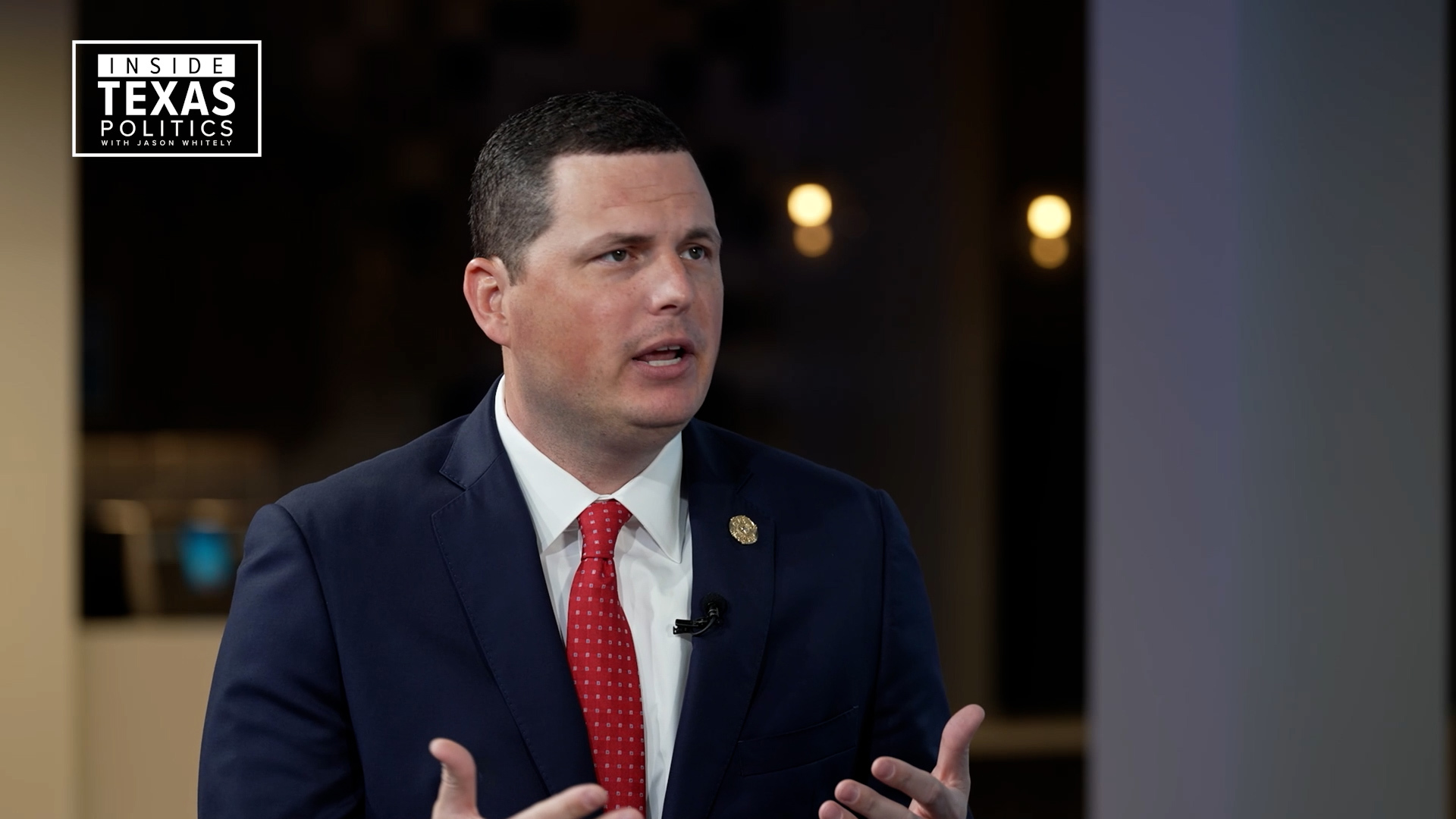DALLAS — It may be hard to believe, but the state of Texas has never had a statewide flood plan… until now.
The Texas Water Development Board just approved the 2024 State Flood Plan, which shows where the problems are and offers solutions to mitigate the impact of flooding.
There’s only one small hiccup.
The potential price tag could reach up to $54.5 Billion.
It will be up to lawmakers to decide which projects get how much money and in what order.
State Senator Charles Perry, R-Lubbock, says these are “decade projects,” and funding will be provided over time, as opposed to one big check.
Even if all of the money was available up front, the projects are too big to complete all at once.
“If we had a $54 Billion check today and we put it into the Texas economy, there’s not enough vendors in the world to come into Texas to build that kind of infrastructure. You kind of do the best you can with what you’ve got and what the budget gives,” the Republican told us on Inside Texas Politics.
Perry chairs the Texas Senate Committee on Water, Agriculture, and Rural Affairs, so he’ll have a big say about which projects received funding.
And the Republican says he’s confident lawmakers will allocate enough funding to keep the timelines within the plan intact.
The initial idea to come up with a statewide guide map for flood mitigation was born after Hurricane Harvey devastated Texas in 2017. The Legislature provided the directive and the funding for the flood plan in 2019.
Five years later and with a new plan in place, there are now 15 flood planning regions in Texas, each with different flooding risks and mitigation strategies.
Some of the fixes include building new dams and bridges while fixing old ones, early warning systems, education and even improving safety at low water crossings, a particular danger all over Texas.
Sen. Perry says “insurability” will help decide future projects located inside floodplains.
“I think that what you’ll find is the insurability of developments and homeowners in those will become the governor for not developing because if you have a mortgage, you’ve gotta be insured. And if you’re in a flood plain and you can’t get flood insurance, mortgage companies are going to say no,” the Republican said.
In addition to flooding, Texas lawmakers will also have to grapple with issues related to water supply and where to put new reservoirs to help already struggling communities.
Sen. Perry thinks this issue is about to explode publicly because it’s time to have an open and honest conversation about water supply in Texas to meet the demand of the population and industry groups.
The Republican says Texas uses around 13 million acre-feet of water per year (1 acre-foot = 325,851 gallons).
But he says the state is, conservatively, 10 – 12 million acre-feet short of where we need to be in 50 years
The Senator says there is good news, though.
“I have, through study, figured out that there’s about 100 million of potential acre-feet per year to develop that’s not been developed. And realistically about 50% of that, 50 million acre-feet, that we could do economically,” he told us. “So, we have 50 million acre-feet available for a problem that needs 10 – 12 million acre-feet. And that will take Texas into the next century, plus another century probably.”
But that will take time… and more money.
And Senator Perry stresses that lawmakers must start frontloading those funds for future use during the 2025 legislative session.
“We don’t have to eat this elephant all today. But there are industry segments questioning whether we’re going to have water,” the lawmaker relayed. “There are cities that are, literally, at 25% of capacity that are $300 Million ports, per day, activity that we’ve got to address. So, it’s time to do that.”
Sen. Perry says water should be considered as important as roads, especially in terms of legislative funding conversations.
He will be holding a committee meeting at the beginning of September, so those conversations will begin immediately.

